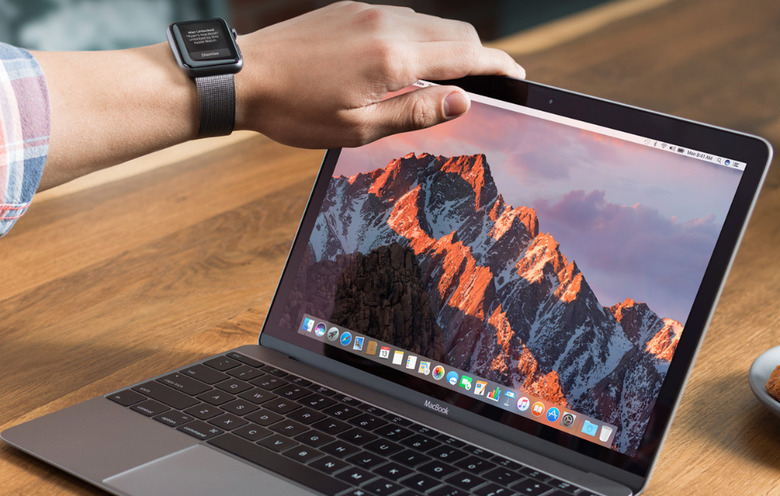These Are The Mac Models That Will Run macOS Sierra
Apple just made a whole slew of software announcements, unveiling major updates for watchOS, tvOS, macOS and iOS. On top of a bunch of exciting new features, the Mac operating system also received a welcomed name change: as rumored, it's going to be known as macOS, and the 2016 macOS release will be named Sierra. But is your MacBook or iMac even compatible with macOS Sierra? It turns out that many old machines will be eligible for the upgrade, but some will be left behind.
DON'T MISS: The 6 biggest announcements from Apple's big WWDC 2016 keynote
The image below, posted by Apple during the keynote, is pretty clear. MacBooks and iMacs made in late 2009 or later will run macOS Sierra. If you have a MacBook Air, MacBook Pro, Mac Mini or Mac Pro, they can't be older than 2010 models to run the latest version of macOS.
That sounds like great news, but it also means several generations of Mac laptops and desktops will not be upgradeable to macOS Sierra when the software update is released. For some strange reason, Apple has not posted a complete macOS Sierra compatibility list on its website yet.
Here's the compatibility list for OS X El Capitan, Sierra's predecessor:
- MacBook (Early 2015 or newer)
- MacBook (Late 2008 Aluminum, or Early 2009 or newer)
- MacBook Pro (Mid/Late 2007 or newer)
- MacBook Air (Late 2008 or newer)
- Mac mini (Early 2009 or newer)
- iMac (Mid 2007 or newer)
- Mac Pro (Early 2008 or newer)
- Xserve (Early 2009)
As you can see, it looks like MacBooks older than 2009, MacBook Pros made between 2007 and 2010, MacBook Airs made between 2008 and 2010, iMacs made between 2007 and 2009, Mac minis from 2009 and Mac Pros made between 2008 and 2010 will be stuck on the latest stable version of OS X El Capitan moving forward.
